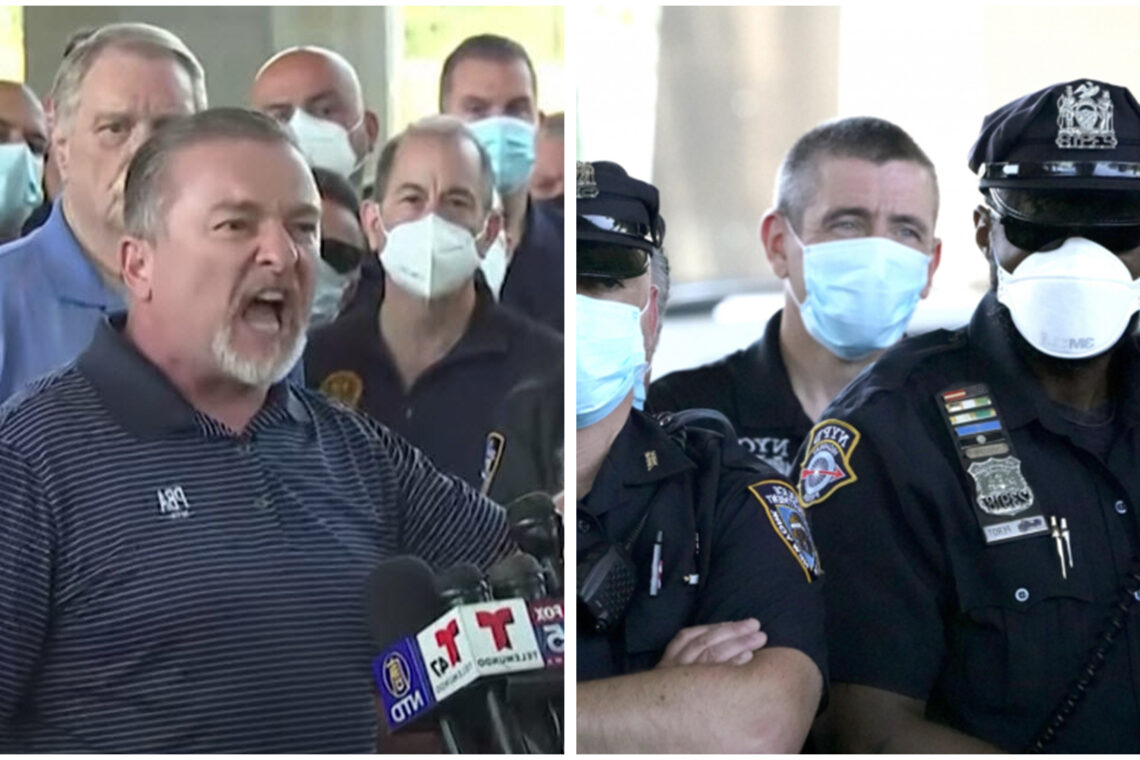
The tragic incident involving George Floyd on May 25 has ignited a worldwide wave of protests and demonstrations, highlighting the ongoing issue of racial discrimination and abuse based on skin color. This event has prompted deep discussions about systemic issues within law enforcement, with many advocates calling for significant changes in how police forces operate and engage with communities.
Floyd’s death, caused by the actions of four police officers in Minneapolis, has led to a profound examination of the police system in the United States. The nature of this event has provoked intense scrutiny and criticism directed toward law enforcement, with some individuals suggesting the possibility of communities existing without police. While this proposition may seem radical to some, it underscores a widespread desire for reform in policing practices and officer training across the nation.
It is crucial to recognize, however, that not all members of law enforcement should be held accountable for the actions of one individual. Many officers are dedicated to serving their communities with integrity and pride, genuinely striving to make a positive impact. This distinction is vital, as it is easy to generalize the behavior of an entire profession based on the actions of a few.
Mike O’Meara, the president of the New York Police Benevolent Association, recently emphasized this point during a press conference where he stood alongside fellow officers. He voiced his concerns about the current perception of police officers in America, asserting that many are facing unjust treatment and hostility from the public and media alike. O’Meara shared his frustration over the alarming narratives that circulate, particularly the fear that some children feel when walking home from school, worrying about potential encounters with law enforcement.
During his address, he passionately questioned the reality of the situation: “What world are we living in? That doesn’t happen. It does not happen!” He stressed the distinction between himself and the officer responsible for Floyd’s death, asserting that the actions of Derek Chauvin do not represent the values held by the majority of police officers. O’Meara firmly stated, “I am not Derek Chauvin. They are not him. He killed someone. We didn’t. We are restrained.”
Former Minneapolis police officer Thomas Lane has been released from jail after posting $750k bail. He was charged earlier this month in connection to George Floyd’s death. https://t.co/SvlAT0ojj3 pic.twitter.com/PGZbIKVz6A
— E! News (@enews) June 11, 2020
In his address, O’Meara raised his badge to emphasize its significance, declaring, “You know what? This isn’t stained by someone in Minneapolis. It’s still got a shine on it, and so do theirs.” He called for a shift in how police officers are perceived, urging the public and media to treat them with respect rather than viewing them as adversaries. “Stop treating us like animals and thugs, and start treating us with some respect! That’s what we’re here today to say. We’ve been left out of the conversation. We’ve been vilified. It’s disgusting,” he asserted.
It is important to acknowledge the complexity of the issues surrounding law enforcement and community relations. While the urgent need for reforms in policing is evident, it is equally crucial to recognize that the actions of one individual should not define the entire profession. Many officers are dedicated to maintaining peace and safety, often under challenging circumstances, and they deserve acknowledgment for their efforts.
O’Meara’s remarks serve as a reminder that the conversation about police reform is multifaceted. As advocates for change work to address systemic issues, it is essential to maintain a balanced perspective that acknowledges the dedication of many officers while simultaneously holding those who engage in misconduct accountable. The desire for reform does not negate the existence of good and honorable individuals within law enforcement.
Moreover, the broader discussions surrounding racial equality and social justice are pivotal in creating lasting change. The movement for equality has gained momentum, emphasizing the importance of addressing not just police conduct but also the systemic inequalities that persist in society. Activists and community leaders are calling for comprehensive reforms that encompass various aspects of law enforcement and broader social policies.
The path forward requires collaboration between communities and law enforcement to foster trust and understanding. Efforts to improve police training, enhance accountability, and create community policing initiatives can contribute to rebuilding relationships between officers and the communities they serve. These initiatives aim to create a more equitable system that prioritizes the safety and dignity of all individuals, regardless of their background.
While the current climate may be charged with emotion and urgency, it is crucial to approach these discussions with a mindset geared toward constructive dialogue and mutual respect. The fight for justice and equality necessitates a comprehensive understanding of the complexities involved, recognizing that meaningful change requires collaboration and commitment from all parties.
In conclusion, the tragic death of George Floyd has catalyzed a significant movement for social change, exposing deep-rooted issues within law enforcement and society as a whole. While it is essential to hold individuals accountable for their actions, it is equally important to acknowledge the efforts of those within law enforcement who strive to serve their communities honorably. As discussions continue, a balanced perspective is vital to ensuring that the pursuit of justice and equality remains at the forefront, fostering a society where respect and understanding prevail. The journey toward reform and healing is ongoing, but with concerted efforts, it is possible to create a more just and equitable world for everyone.